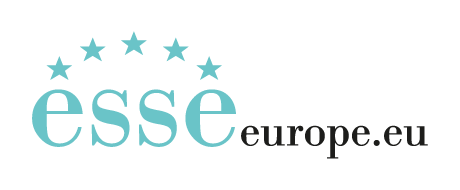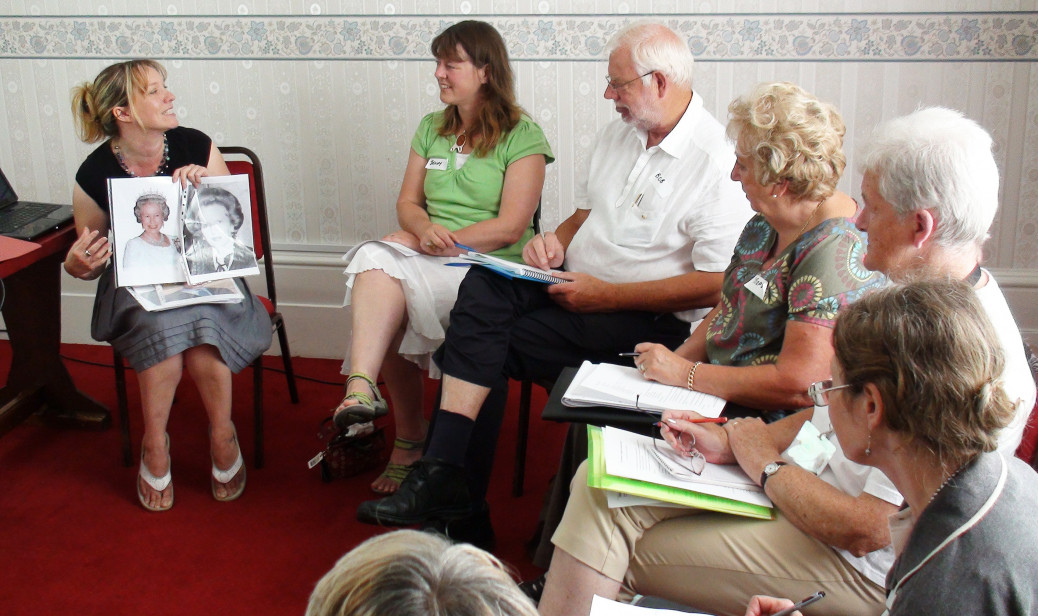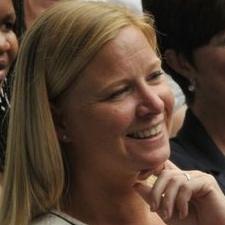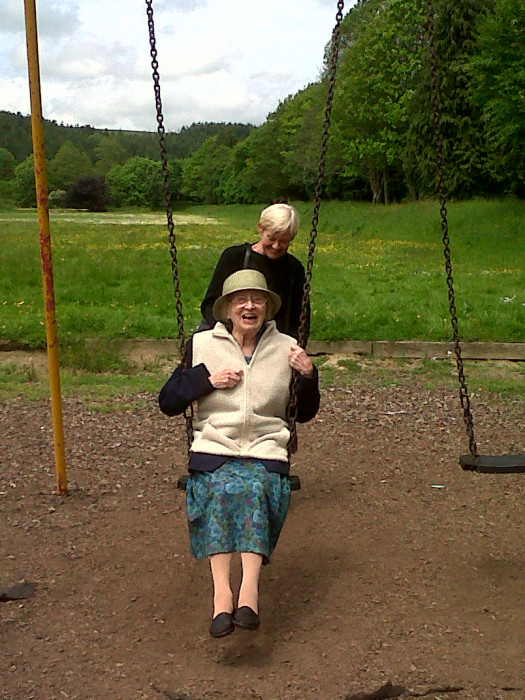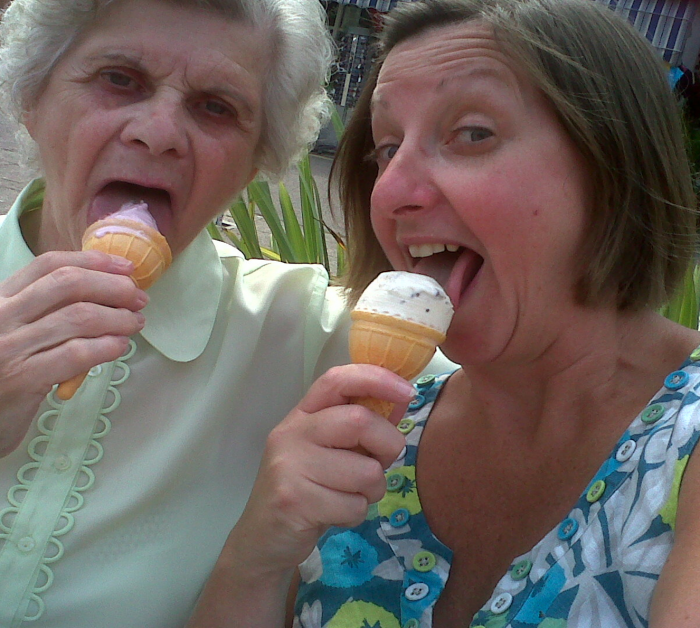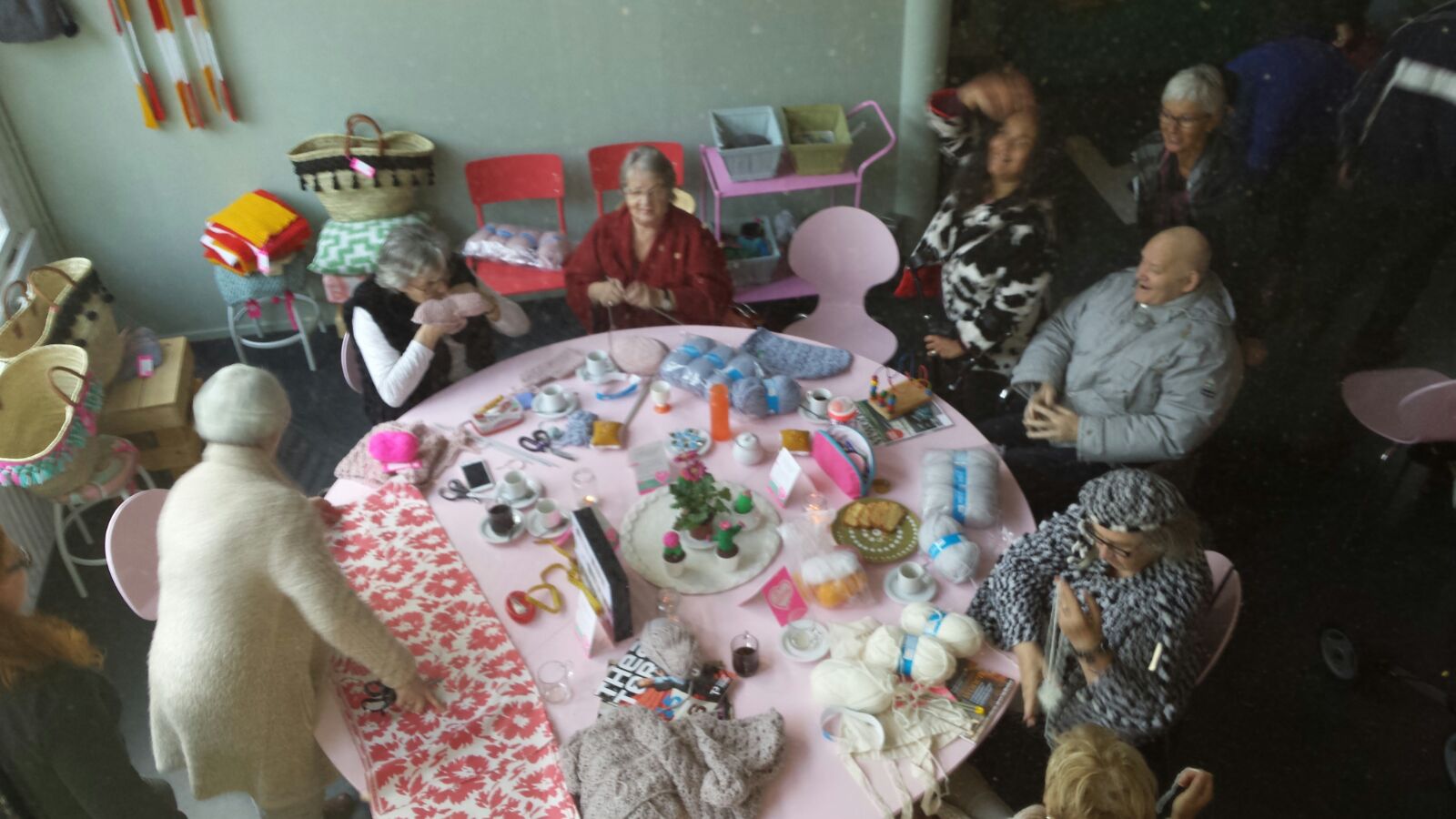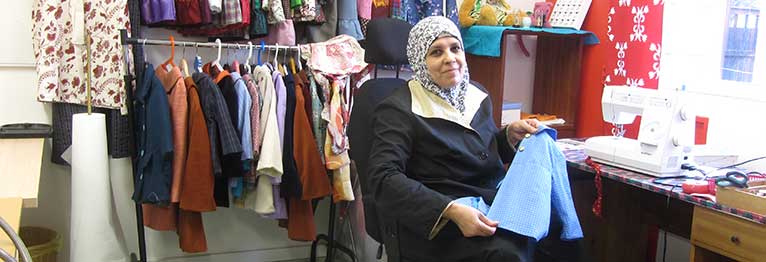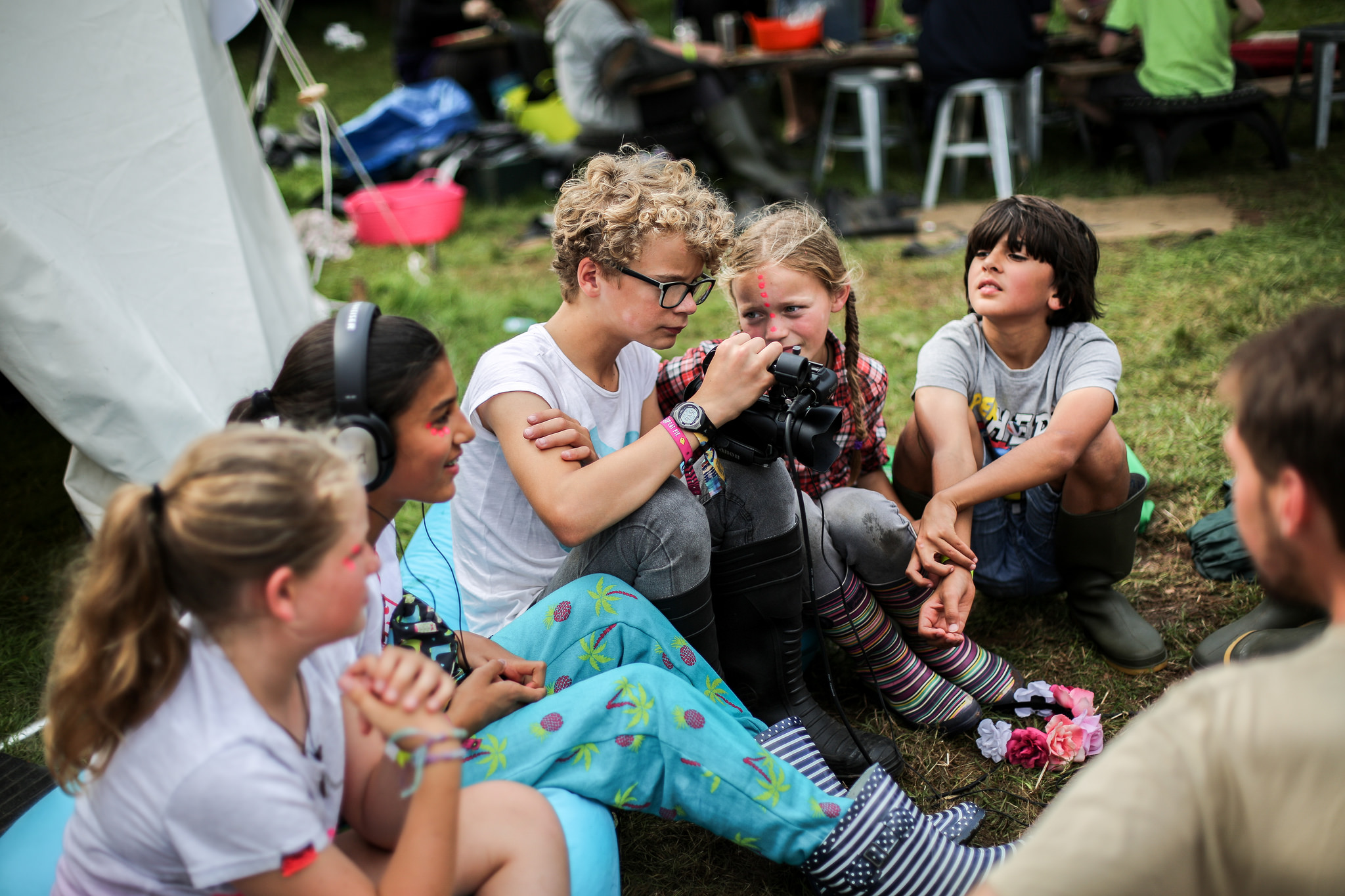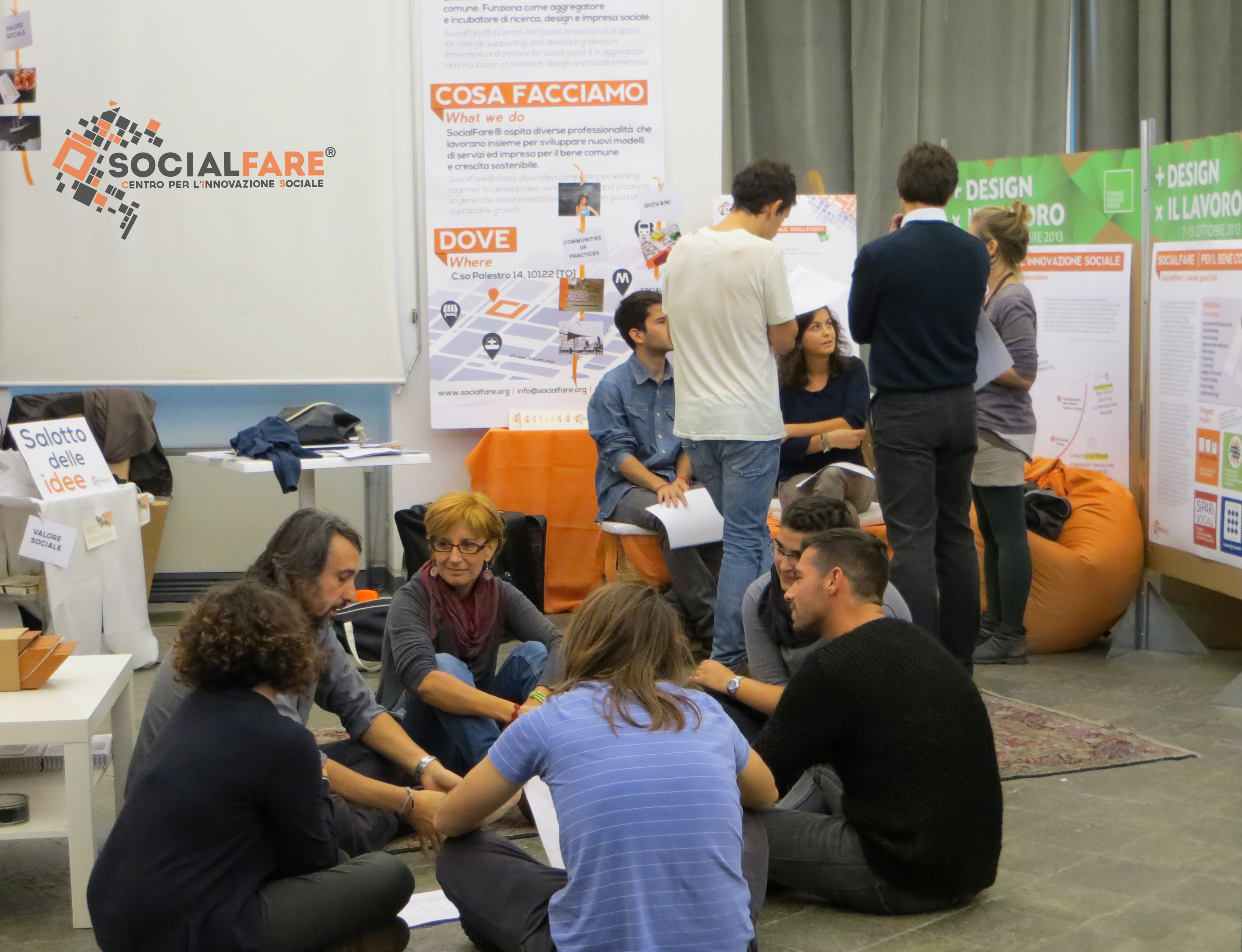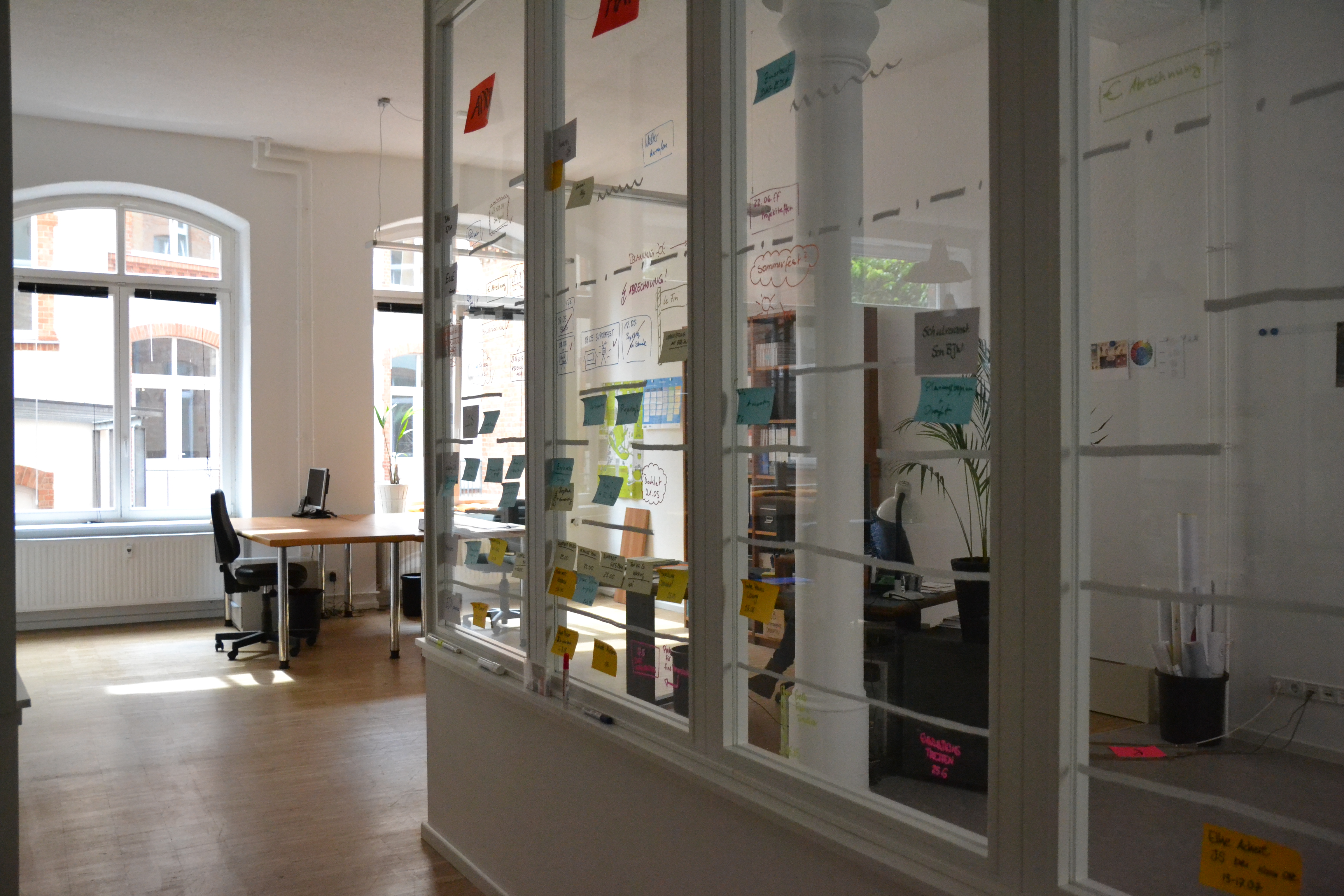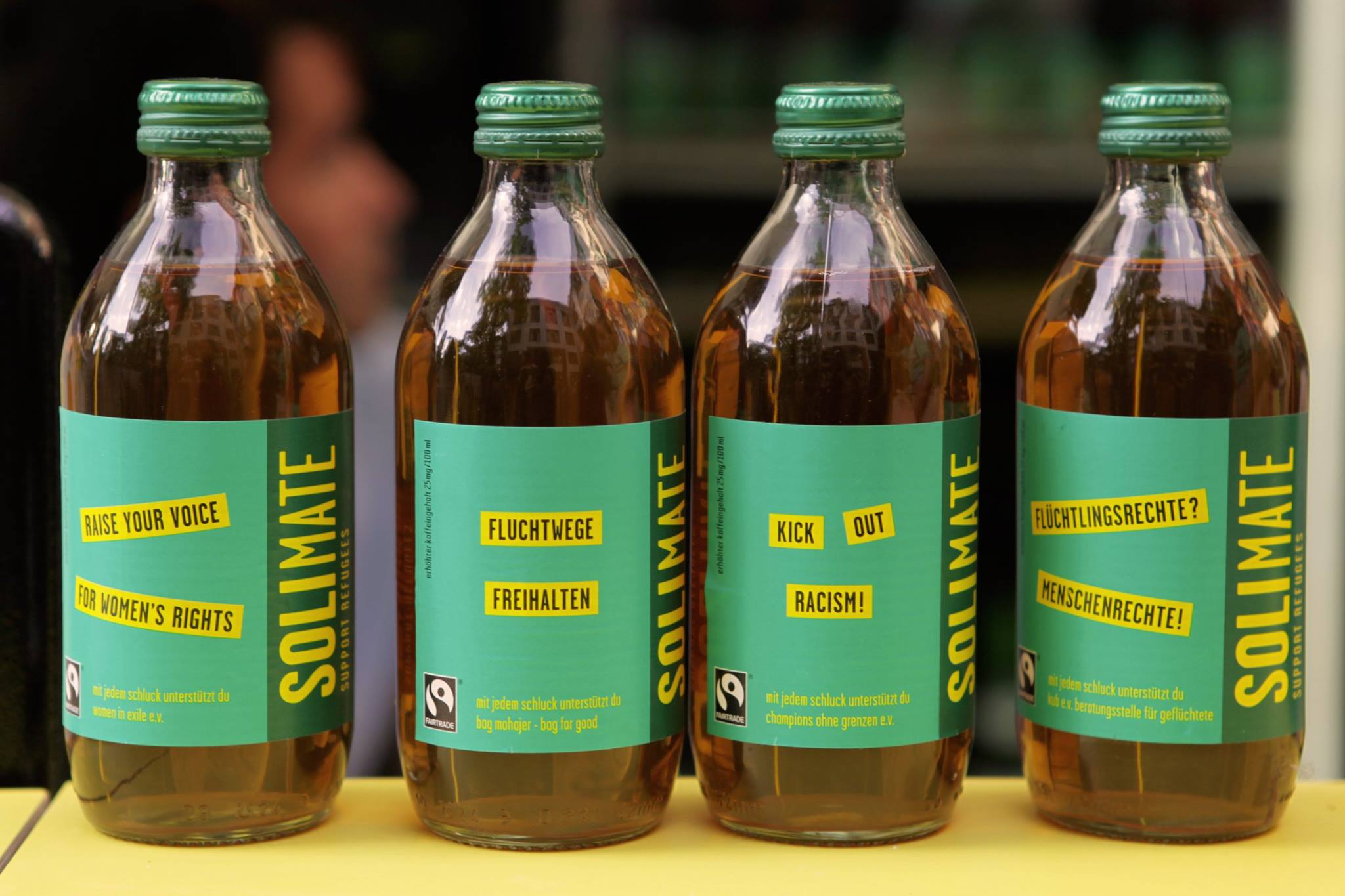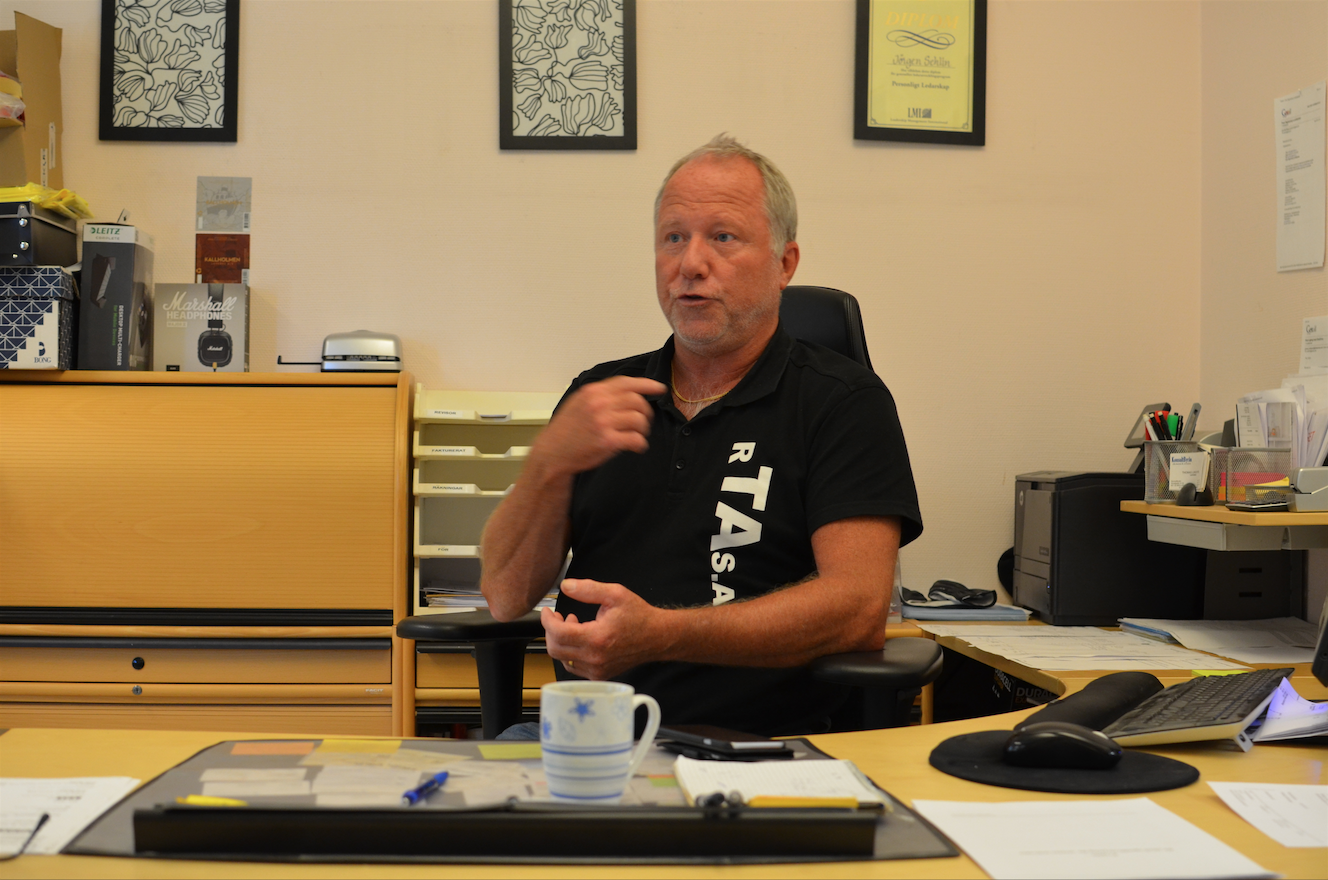Memory Matters grew out of the shared experience of two nurses working in dementia care who saw that it could be much better. Kate and Laura are sisters-in-law who had both taken breaks from their careers to have children, and when the time came to go back to work wanted to do something that would make a real difference to people’s lives.
They began by taking small steps, spending time volunteering in the sector and reviewing the research and best practice guidelines for early stage dementia care.
Gradually, they developed a business plan for evidence-based services for people with dementia and their carers. Kate tells the story of how she would take her small son to meetings with solicitors and accountants during this period.
MANAGEMENT
The company has two executive directors (Kate and Laura), two non-executive (supporting) directors and sixteen employees. Management functions such as HR and accounting are outsourced.
DESCRIPTION OF SERVICES
Memory Matters provides services for people with dementia at home and in group settings. They also provide consultancy including clinical evaluation services and train health professionals in dementia care. They are developing other projects, such as a memory cafe which aims to destigmatise dementia and memory loss, providing information and advice for people affected by dementia and raising awareness more generally.
FINANCING/FUNDING
The business model includes clients paying directly for dementia services at a rate which is subsidised by consultancy and training work. Memory Matters has secured contracts with a variety of public and voluntary sector organisations, including the National Health Service and has been awarded grants for some of its work. Most recently, a £290,000 Reaching Communities grant has enabled the organisation to grow and attract further grant funding. The directors are very clear that they want the organisation to grow at a sustainable rate which enables them to maintain the high quality services on which their reputation has been built.
PARTNERS
Memory Matters have built their business by developing relationships with commissioners and grant providers. They run a service at the premises of Age UK in Plymouth.
LOCATION
Plymouth and Cornwall
TARGET GROUP/SOCIAL PURPOSE
People with dementia and their families
DURABILITY AND SUSTAINABILITY
Kate defines success as ”Enabling a person with dementia to live at home with a good quality of life for as long as possible”. She thinks the key to this success is being able to responding to individual needs with the minimum of delay. Flexibility to develop the business as they see fit has also been a key success factor. The complementary skills of the two lead directors, their strong working relationship and family support during the early years of the business before they were able to draw a salary have all been important. Kate talks passionately about their determination to succeed and improve the lives of people with dementia as being a significant driving force and says: ”Giving up wasn’t an option”.
AWARENESS
Only once people had highlighted the term. Just saw the services put in place, as providing a needed service in the community.
FUTURE DEVELOPMENT PLANS
Sustainability and growth. The aim is to ensure our services are available to those that need it, at the right time and at the right level.
ADVICE FOR STARTING UP A SE
Find the need, don’t spend much money at the beginning and talk and listen to as many people as possible. Be prepared to make mistakes and learn from them.
